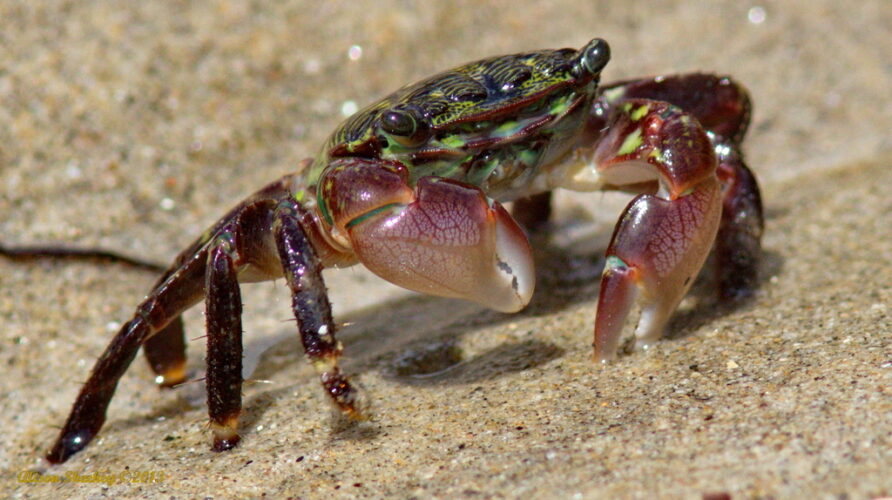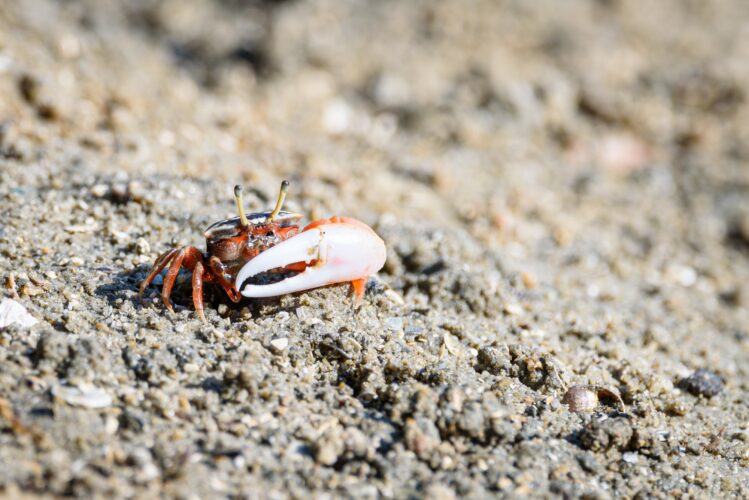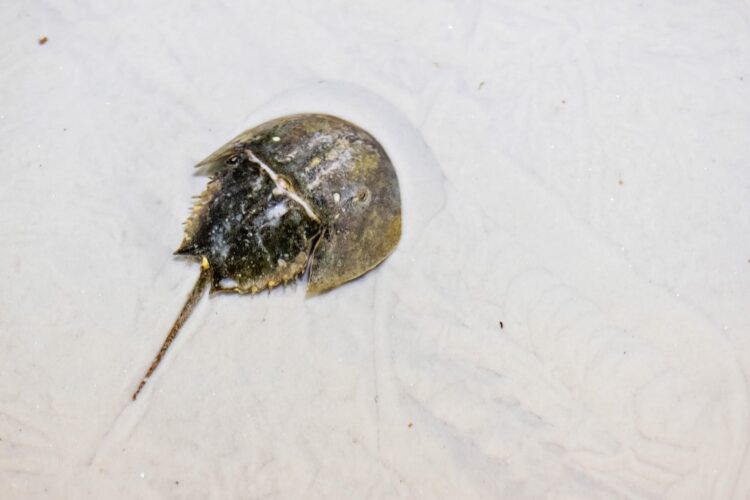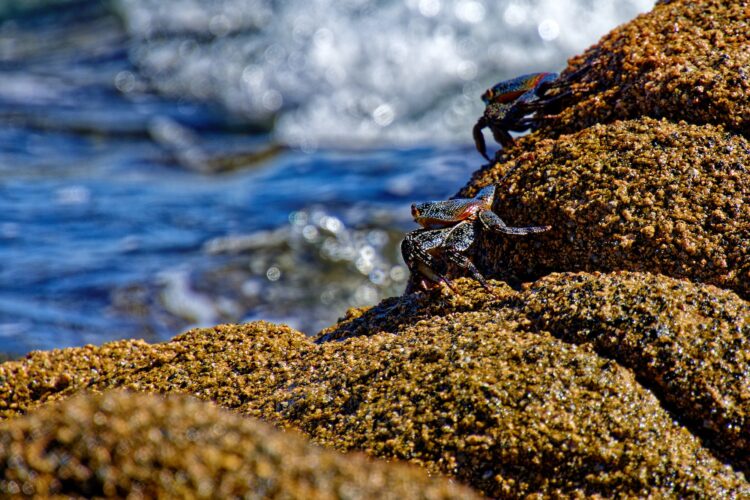Crabs come under the classification of crustaceans of the infraorder Brachyura, together with crayfish and all different marine insects, making up the largest group of arthropods.

Crabs live in all types of water bodies, like oceans and fresh waters, and are even found on land. Despite this diversity, crabs have some functions and features that distinguish them from other comparable creatures.
What Are Chelipeds?
Male fiddler crabs have big claws. These males, when encountering other crabs, greet them by waving their claws. They have compound eyes, which are carried on stalks. These eyes help hermit crabs see things beside them and behind them. Their eyes can easily detect UV rays in low-light conditions.

Hermit crabs have five pairs of legs, of which they use the second and third pairs for walking. They have a hard outer shell. A hermit crab carries this shell around, which is borrowed from seashells. They also have a very short, projecting tail.

A crab often grows and reaches maturity within 24 months. The shell these crustaceans have can’t expand as the crab grows, which often leads to the shedding of the shell.
How Many Legs Do Crabs Have?
Crabs are all contributors to the order Decapoda, which literally means these sea animals with thick shells have ten feet.

Almost all crabs have 10 legs, except for a few select subcategories. Horseshoe crabs, which come under the phylum Chelicerata, have eight legs and are closely associated with spiders. Most crabs have similarities to lobsters and crayfish.

Having 10 legs is an important difference that separates crabs from centipedes of the Chilopoda class, spiders of the Araneae order, millipedes of the Diplopoda class, ticks belonging to the Acarina order, and scorpions of the Dromopoda subclass.

The 10 legs of all decapods are located in bilateral symmetry, with five on each side. However, a number of their legs are advanced in order to serve functions other than walking, like self-defense and meal acquisition, while they swim.
Do All Crab Species Have The Same Legs?
True crabs, in addition to other creatures that are relatively close to them, have five pairs of legs, which is 10 legs in total.

True crabs consist of a depressed carapace. However, a number of their legs are advanced enough to serve various functions. Not only are they capable of walking, but they are also capable of defending themselves, collecting food, and swimming via those legs.





